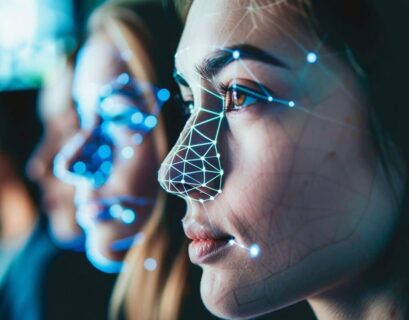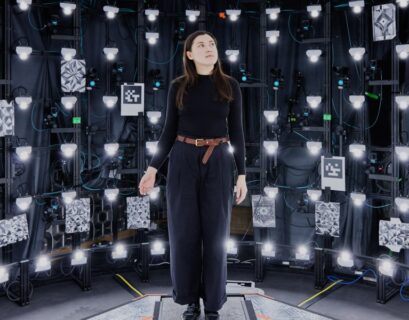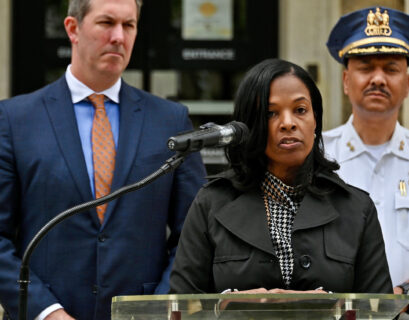SAO PAULO: Artificially-generated videos and images utilized for political misinformation pose a significant challenge during a pivotal global election year, with Brazil taking proactive measures to regulate this technology prior to municipal elections.
In a nation with a population of 203 million, surpassing the number of phones in circulation, Brazilian authorities recently prohibited the use of deepfake technology and outlined specific guidelines for employing AI in electoral campaigns.
Ana Carolina da Hora, a computer expert at the PUC Catholic University in Rio de Janeiro, emphasized the potential misuse of video montages to sway public opinion, tarnish reputations, or disrupt the democratic process.
The swift advancement of AI, catalyzed by the introduction of ChatGPT in 2022, has revolutionized the digital landscape, evoking both admiration and apprehension regarding its future implications.
Instances of manipulated content, such as a fabricated video featuring popular figures like Anitta and Neymar endorsing online gambling through ultra-realistic deepfakes, have raised concerns in Brazil, a nation grappling with the ramifications of political disinformation.
Authorities are particularly troubled by incidents like a mayor’s voice being replicated to produce an audio clip circulated on social platforms, where he denigrates educators in his jurisdiction. Similar cases are under scrutiny in two additional states.
Responding to these challenges, the Superior Electoral Tribunal (TSE) has taken decisive action. The recent prohibition of deepfake technology during the upcoming municipal elections in October underscores the commitment to combatting misinformation.
Candidates are mandated to provide clear and conspicuous disclosures if utilizing artificial intelligence for electoral campaigns, with severe repercussions for those found employing deepfake technology, including disqualification from candidacy or nullification of their mandates if elected.
TSE president Alexandre de Moraes hailed these measures as among “the most progressive standards globally” in the fight against disinformation, fake news, and illicit AI manipulation, cautioning that deepfakes could sway election outcomes.
Former president Jair Bolsonaro’s disqualification until 2030 due to power abuse and media manipulation underscores the gravity of the situation, with current President Luiz Inacio Lula da Silva warning of the unprecedented manipulation by algorithms and AI.
The upcoming municipal elections will serve as a pivotal test of Lula’s popularity following the closely contested 2022 elections that deeply divided the nation.
The implications of deepfake technology extend beyond Brazil, with concerns also raised in the United States where opponents of President Joe Biden utilized AI-generated calls mimicking his voice to dissuade voter participation.
Efforts to combat deceptive AI content have garnered support from major tech companies, with Meta, Microsoft, Google, and others pledging to leverage technology to counter misleading AI content effectively.
In Brazil, legislative efforts are underway to address AI regulation comprehensively, with Senate President Rodrigo Pacheco spearheading a bill aimed at governing AI usage across various sectors, slated for approval in April.
Bruno Bioni, director of Data Privacy Brazil, emphasized the multifaceted impact of AI on diverse sectors, underscoring the necessity for comprehensive regulation to mitigate risks, including potential discrimination tied to AI facial recognition in a country with a significant black and mixed-race population. – AFP










